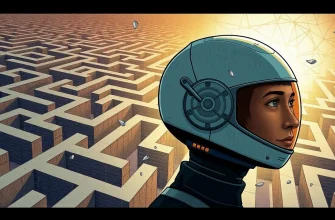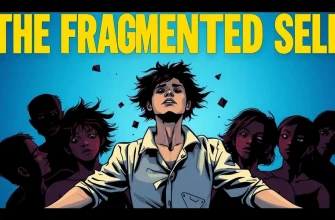There's something truly fascinating about films that explore the concept of memory. Whether it's the manipulation, loss, or recovery of memories, these stories often leave us pondering our own existence and the nature of reality. Here's a handpicked selection of 10 sci-fi films that delve into the enigmatic world of memories, each offering a unique perspective on this complex theme. From mind-bending twists to emotional journeys, these films are not just entertainment; they're an exploration of what it means to remember, forget, and be human.
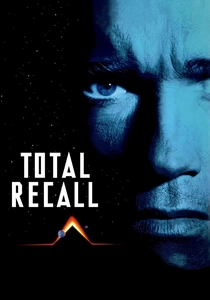
Total Recall (1990)
Description: Douglas Quaid's quest for a virtual vacation turns into a real-life adventure when he discovers his memories might not be his own. It's a thrilling ride through identity, memory, and reality.
Fact: The film was based on Philip K. Dick's short story "We Can Remember It for You Wholesale."
 Watch Now
Watch Now
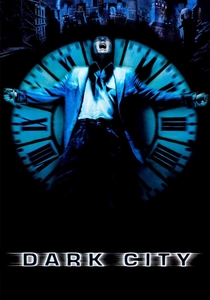
Dark City (1998)
Description: John Murdoch wakes up with no memory, only to find he's wanted for murder. As he uncovers the truth, he discovers a city where memories are manipulated by mysterious beings. It's a neo-noir exploration of identity and memory.
Fact: The film's director, Alex Proyas, was influenced by German Expressionism and film noir.
 Watch Now
Watch Now
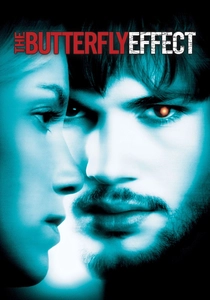
The Butterfly Effect (2004)
Description: Evan Treborn discovers he can travel back in time to inhabit his former self, altering his past to change the present. This film explores the consequences of changing memories and the ripple effects they have.
Fact: The film's ending was changed after test audiences found the original ending too depressing.
 Watch Now
Watch Now
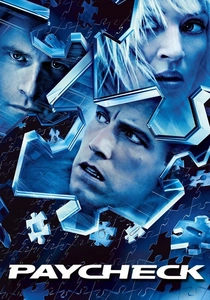
Paycheck (2003)
Description: Michael Jennings, a reverse engineer, finds his memory erased after completing a job. He must piece together his past through seemingly random items left for him. It's a thrilling puzzle of memory and identity.
Fact: The film is based on a short story by Philip K. Dick, like "Total Recall."
 Watch Now
Watch Now
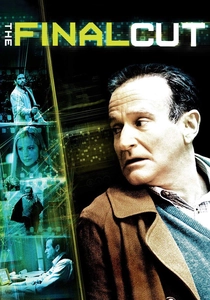
The Final Cut (2004)
Description: In a future where people have implants that record their entire lives, Alan Hakman edits these memories for the deceased. The film delves into privacy, memory, and the ethics of such technology.
Fact: The film was Robin Williams' first dramatic role in a science fiction film.
 Watch Now
Watch Now

Inception (2010)
Description: Dom Cobb, a skilled thief, uses experimental technology to infiltrate the subconscious and implant an idea into a target's mind. It's a mind-bending exploration of dreams, memories, and the layers of consciousness.
Fact: The film required a special camera rig to capture the rotating hallway scene, which was built on a massive gimbal.
 Watch Now
Watch Now

The Adjustment Bureau (2011)
Description: David Norris discovers a mysterious organization that controls human lives through subtle adjustments to their memories and choices. It's a romantic thriller about fate, free will, and the power of memory.
Fact: The film is based on a short story by Philip K. Dick, continuing the trend of his works being adapted into films about memory and reality.
 Watch Now
Watch Now
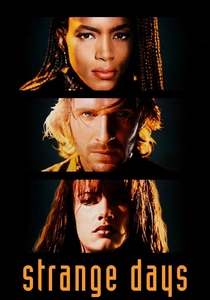
Strange Days (1995)
Description: Set in the near future, this film follows Lenny Nero, who deals in illegal recordings of people's experiences. It's a gritty exploration of memory, voyeurism, and the dark side of technology.
Fact: The film was co-written by James Cameron and Kathryn Bigelow, who later won an Oscar for directing "The Hurt Locker."
 30 Days Free
30 Days Free
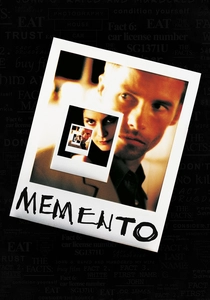
Memento (2000)
Description: Leonard Shelby suffers from anterograde amnesia, unable to form new memories. The film's narrative structure is as fragmented as Leonard's memory, making it a unique and compelling watch.
Fact: The film was shot in two different styles: black and white scenes were shot in chronological order, while color scenes were shot in reverse.
 30 Days Free
30 Days Free
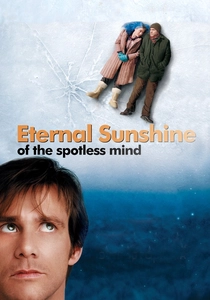
Eternal Sunshine of the Spotless Mind (2004)
Description: This film takes us on a journey through the mind of Joel Barish as he undergoes a procedure to erase memories of his ex-girlfriend, Clementine. It's a poignant exploration of love, loss, and the desire to forget painful memories.
Fact: The film was shot in reverse order to help the actors portray the emotional journey of their characters. Also, the title is derived from a poem by Alexander Pope.
 30 Days Free
30 Days Free


